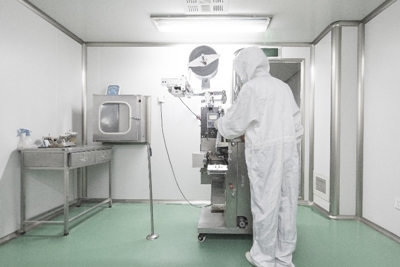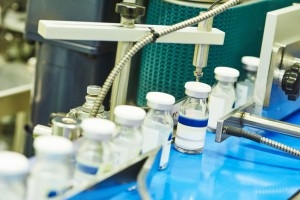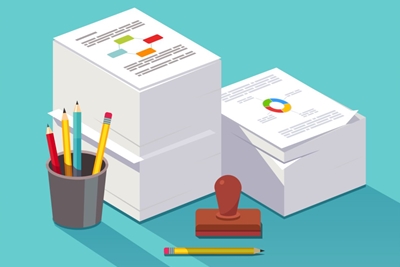NEWS 2017-07-31
When to change HEPA filters?
High Efficiency Particulate Air (HEPA) filters are air filters that are made up of mesh of ultra-fine glass fiber of thickness ranging from 0.5 to 2 micrometers and are closely packed with each other. They can filter out about 99.997% particles of 0.3 micrometers in size, which is of great importance in the pharmaceutical industry, especially in aseptic processing. They are used as terminal filters for the processing or filtration of air in the production area. HEPA filter integrity should be maintained to ensure aseptic conditions. It can greatly affect the product

How often do they need to be changed?
Normally, companies have internal guidelines on which filters to be changed annually, regardless of the results of the monitoring tests done. There are no GMP guidelines that give a number of months of use for HEPA filters. According to the GMP, these filters should be free from leaks. For sterile facilities, regular leak tests should be performed at the installation to detect integrity breaches around the sealing gaskets, though the frames, or through various points on the filter media, as per ISO 14644-3. The HEPA filters in grades A/B zones, or the zone and its background for high-risk operations such as aseptic preparation and filling, should be monitored for leaks every six months according to the technical interpretation of the Annex 1 (PIC/S PI 032-2). As for grades C/D zones, or the clean areas where the less critical stages in the manufacture of sterile products are performed, it is twelve months. If leaks are found, they can be repaired given that the leaks take up only 0.5% of the filter surface per filter. Otherwise, they should be changed.
However, not only the leak on the filter is important. The pressure drop at the filter is also relevant. If the pressure drop at the filter increases, the energy demand of the ventilation system rises to maintain the required air change rates. It is necessary to protect the HEPA filters by using preliminary filters. They are usually fine particulate air filters, and these filters have to be replaced regularly to protect the HEPA filters from clogging.
If the pressure drop gets too high for the performance of the ventilation system, it might be necessary to change the filters. From a practical viewpoint, one could say that the maximum duration of use depends directly on this pressure drop, given that they pass the leak tests.
In practice, quite a few companies do not use a filter for more than eight years. As mentioned above, this is not based on any guideline, but merely established from experience.
References:
- Pharmaceutical Inspection Convention Co-Operation Scheme, 2010. GMP Annex 1 Revision 2008, Interpretation of Most Important Changes for the Manufacture of Sterile Medicinal Products. Accessed 24 July 2017 from www.academy.gmp-compliance.org
- International Organization for Standardization. ISO/DIS 14644-3: Cleanrooms and Associated Controlled Environments.



